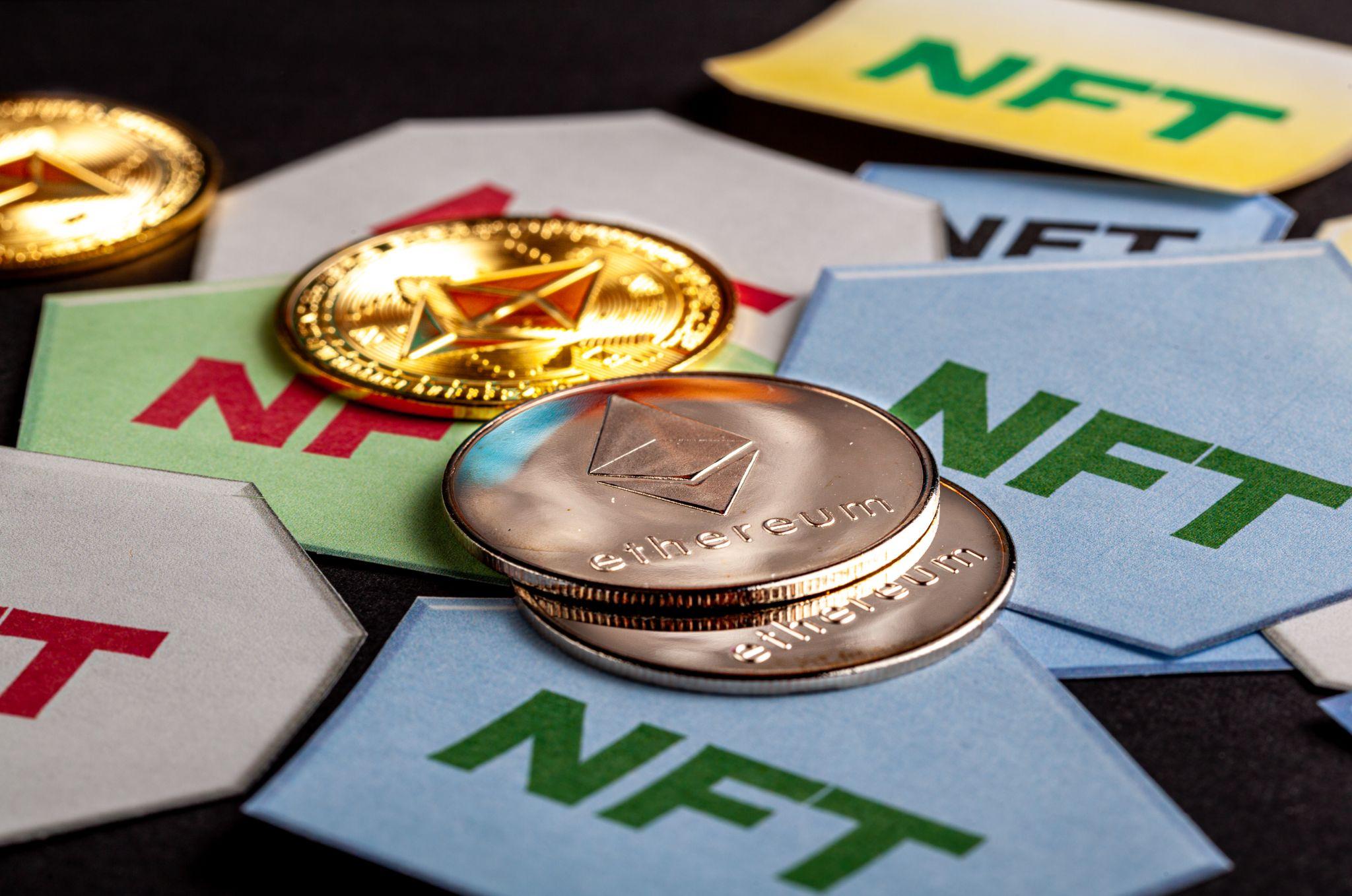
Introduction: The Dawn of a New Era in Asset Management
The world of investment is undergoing a seismic shift with the advent of blockchain technology and the tokenization of assets. This revolutionary approach is democratizing investment opportunities, allowing a broader range of investors to access previously unattainable assets. By leveraging blockchain’s security, transparency, and efficiency, tokenization is redefining asset ownership and investment strategies. This paradigm shift is not just limited to tech-savvy investors; it extends to various market segments, offering unprecedented access to high-value investments. Tokenization minimizes barriers, such as high initial capital and complex ownership structures, thus reshaping the traditional landscape of asset management. This transition marks a pivotal moment, heralding a new age of inclusivity and innovation in the financial sector.
Understanding Tokenization: A Blend of Technology and Finance
Tokenization is the process of converting rights to an asset into a digital token on a blockchain. These tokens represent ownership or a stake in real-world assets, be it real estate, art, or commodities. This process not only simplifies the buying, selling, and trading of assets but also ensures enhanced security and immediate settlement. It’s crucial to understand how blockchain plays a pivotal role in this, ensuring immutable records and transparent transactions.
The Impact of Blockchain in Asset Tokenization
Blockchain is the backbone of asset tokenization. Its decentralized nature ensures that transaction records are tamper-proof and accessible to all parties involved. This transparency builds trust among investors and reduces the risk of fraud. Furthermore, blockchain’s smart contracts automate and streamline processes, cutting down on administrative costs and time delays.
Real Estate Tokenization: A Case Study
One of the most significant applications of asset tokenization is in the real estate sector. Tokenization allows investors to buy tokens representing a share of a property, making it easier to invest in high-value assets with smaller capital. This approach not only diversifies investment portfolios but also democratizes access to real estate investment, traditionally a high-entry-barrier market.

The Future of Investments: Democratization and Accessibility
The future of investments through tokenization looks promising. By breaking down assets into smaller, more affordable tokens, a wider range of investors can participate in markets that were once exclusive. This democratization not only empowers small investors but also injects more liquidity into the market, benefiting the economy.
Challenges and Regulatory Hurdles
Despite its potential, tokenization faces regulatory challenges. Different jurisdictions have varying regulations governing digital assets, leading to a complex legal landscape. Ensuring compliance and navigating these regulations is crucial for the widespread adoption of tokenization.
The Role of Security and Compliance in Tokenization
To gain investor trust and ensure the longevity of tokenization, security and compliance are key. Robust cybersecurity measures are essential to protect digital assets, and adherence to regulatory standards is crucial to avoid legal pitfalls. This dual focus will be instrumental in the growth and sustainability of asset tokenization.
Conclusion: Embracing the Tokenization Revolution
Tokenization of assets is more than a trend; it’s a revolution in the investment world. By harnessing the power of blockchain, it offers a more inclusive, efficient, and secure approach to asset management. As the world moves towards this innovative model, it’s imperative for investors, businesses, and regulators to adapt and embrace the potential of tokenization in reshaping the investment landscape. This shift not only enhances liquidity and transparency in various asset classes but also paves the way for new investment strategies and opportunities. It’s a transformative moment, signaling a paradigm shift in how we perceive, manage, and invest in assets, promising a more equitable and dynamic financial ecosystem.












